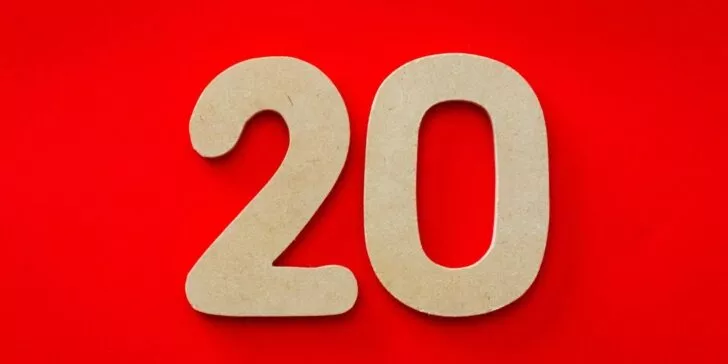I’m sure you’ve seen a list of famous people with depression: everyone from Buzz Aldrin to Princess Diana, Lincoln, Van Gogh, Churchill, Darwin. They tend to be frank about it: it’s rotten while you’re in it, so you work to get out of it. Darwin himself pointed out that it passes, and, he wondered, perhaps with a purpose. He said that pain or sadness “leads an animal to pursue that course of action which is most beneficial.”
And that’s the crux of it. When things don’t feel right with your body and mind, they’re trying to tell you something important. Maybe you need to improve your diet, exercise more, sleep better, change the people you’re around, where you’re living, what you do for a living, or your way of looking at the world – and yes, sometimes you need to go to the doctor and get medication – but no matter what, something ought to be different than it is. Things aren’t right and you need to be aware of it. Far too often, we ignore or mis-treat things that are wrong. We try to “handle” or “deal” or “get by” a lot.
But scientists are starting to agree that depression has a point. On the one hand, it can point out that your life needs fixing. But on the other hand, a sink into miserable rumination can sometimes be required to face up to or hone in on something – to focus on it to the the exclusion of all else.
Aristotle said “that all men who have attained excellence in philosophy, in poetry, in art and in politics, even Socrates and Plato, had a melancholic habitus; indeed some suffered even from melancholic disease.”
It’s strange to think of depression as a take-notice sign or as an involuntary mental study carrel – but perhaps it’s like those sci-fi movies where, when something goes wrong with the spaceship, they shut down auxiliary power and route energy to where the survivors are.
Of course, this presumes that you do something with or about your depression. You figure out what’s wrong and you work on it – or you use the withdrawal to think, write, draw, create. You don’t give up and you don’t use it as an excuse – for instance, if you’re a writer but also a parent, I’m not saying it’s excusable to neglect your kids for the sake of seeing your misery as your muse.
“To say that depression can be useful doesn’t mean it’s always going to be useful,” says psychiatrist Andy Thomson in a New York Times article on this (emphasis added). “Sometimes, the symptoms can spiral out of control. The problem, though, is that as a society, we’ve come to see depression as something that must always be avoided or medicated away. We’ve been so eager to remove the stigma from depression that we’ve ended up stigmatizing sadness.”
In that article, he tells an illustrative story: “‘I remember one patient who came in and said she needed to reduce her dosage,’ he says. ‘I asked her if the antidepressants were working, and she said something I’ll never forget. “Yes, they’re working great,” she told me. “I feel so much better. But I’m still married to the same alcoholic son of a bitch. It’s just now he’s tolerable.”‘ The point is the woman was depressed for a reason; her pain was about something. While the drugs made her feel better, no real progress was ever made. ”
The same article quotes studies that found that depression or sadness can improve memory and even mimic the brain patterns found with the profound focus of creative effort. So is depression a good thing? Of course not. It sucks. It sucks a lot. But is it a terrifying bogeyman to be avoided at all costs? I don’t think so. I think it can, sometimes, be a wave to be ridden, a chill to wrap up against, a dark night of the soul to be lived through, worked through, believed through. As Emily Dickinson – another sufferer of depression – said, “Not knowing when the dawn will come, I open every door.”
It is good to open doors. But sometimes, you won’t do it unless you’re looking for the sunrise.
For more, read the above-mentioned New York Times article: “Depression’s Up Side“

